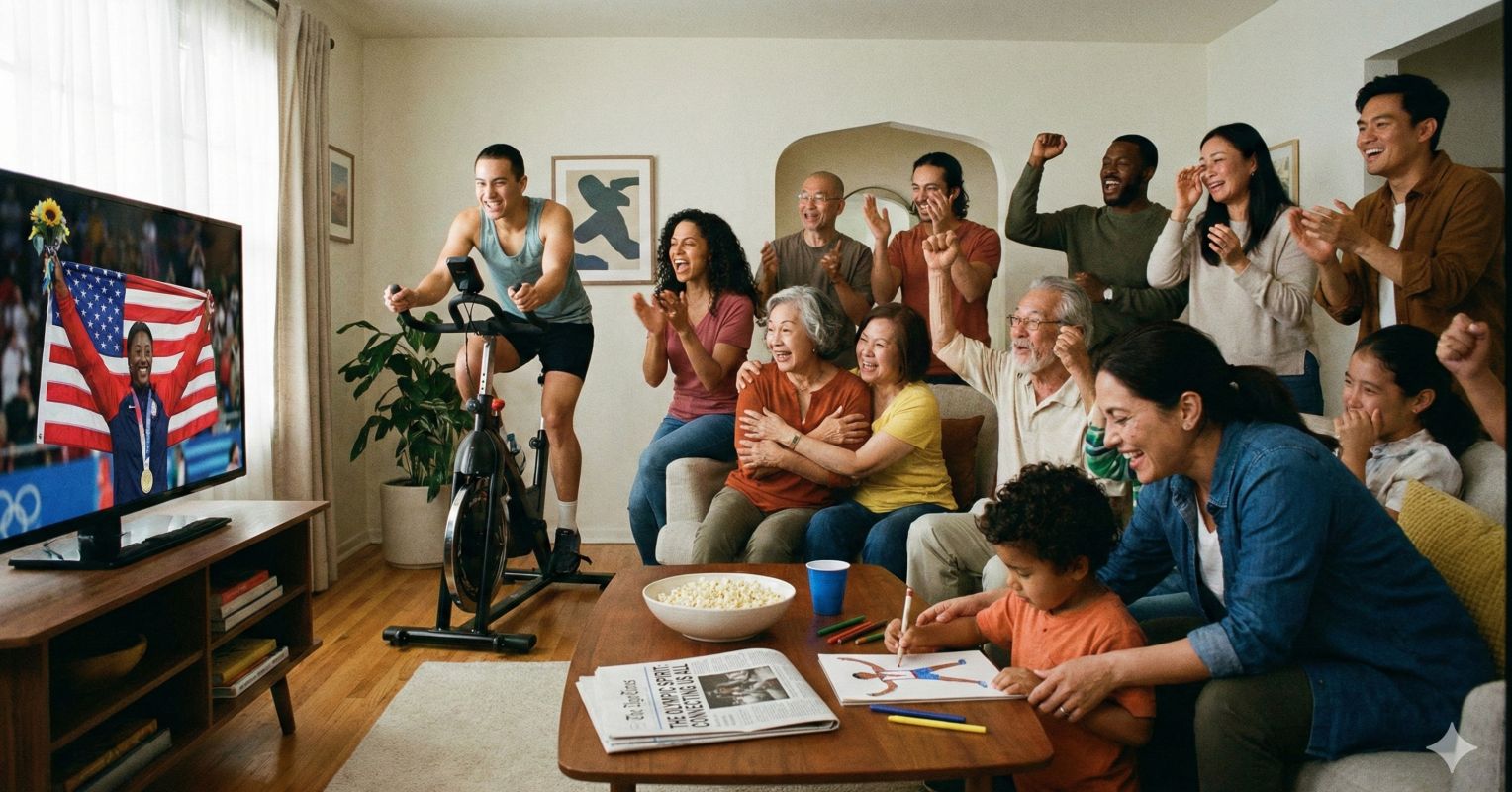Thirty years ago, right after completing my bachelor’s degree in psychology, I spent a summer teaching kindergarten at a Columbus, Ohio, school designed for children with behavioral disorders, many of whom were diagnosed with oppositional defiant disorder (ODD). The student body was overwhelmingly BIPOC and had endured extensive trauma: separation from family, various forms of abuse, neglect, and the instability of the foster care system. The staff were predominantly White and trained to view the children’s behavior through a lens of restraint and control.
At just 22, I was taught how to physically restrain kids, and the first time I had to do it felt wrong on every level. My discomfort was palpable, and I saw that the child I restrained felt even worse. I was consumed by a sense that something crucial wasn’t being addressed. Now, three decades and countless clinical experiences later, I understand that what was missing was an explicit awareness of systemic racism and the role of intergenerational, collective, and chronic trauma.
Source: Amina Touray
Enter Dr. Rupinder K. Legha
Dr. Rupi Legha is a child, adolescent, and adult psychiatrist who has dedicated her career to exposing how systemic racism intersects with Mental health diagnoses, particularly ODD. In a paper recently published in Pediatrics, “There Are No Bad Kids: An Antiracist Approach to Oppositional Defiant Disorder,” she presents a groundbreaking framework to protect children from harm caused by overdiagnosis in children of color and racist clinical practices.
Who Needs This Information
In order to properly address and correct this phenomenon, several constituencies need to become informed about the impact of racism on behavioral disorder diagnoses.
- Parents and loved ones
- Educators and coaches
- Childcare providers
- Case managers
- Community service workers
- Clinicians and healthcare providers
- Racial justice advocates.
In essence, all of us.
What’s at Stake
- Disproportionate Impact on BIPOC children: ODD labels often follow children from classrooms to the criminal justice system. When teachers and clinicians view understandable emotional responses to trauma as “defiance,” these kids miss out on supportive interventions and instead face punitive measures.
- School-to-prison pipeline: A child viewed as oppositional is at higher risk for suspensions, expulsions, and arrests. This not only disrupts their education but also sets them on a path with limited opportunities for healing or success.
- Cultural and racial bias: Dr. Legha underscores that standard guidelines ignore the role of racism. It’s time for us to ask: Are we diagnosing children, or are we diagnosing systemic inequities?
Dr. Legha’s Antiracist Approach
In her paper, Dr. Legha advocates for a three-step method:
- Acknowledge how racism drives behaviors.
Labels like ODD often discount the lived experiences of marginalized children. When a child’s environment is rife with discrimination or poverty, so-called “defiance” may be self-protection, not disorder. - Identify and document systemic inequities.
Providers must explicitly record the forces at play—punitive school policies, harsh policing in certain neighborhoods, racist stereotypes in clinical settings—and how these shape a child’s presentation. - Engage in antiracist care.
Instead of focusing on controlling a child’s behaviors, Dr. Legha calls for interventions that heal trauma, build resilience, and empower children. From psychoeducation to strength-based documentation, the goal is to rehumanize kids who’ve been mislabeled “defiant.”
Cases in Point
The following are some case examples Dr. Legha shared to help us understand how racism impacts ODD diagnosis and how an antiracist approach helps foster healing:
- The foster child’s fear: A teenager arrives at the ER, labeled “violent” after running away from a group home. Dr. Legha reframed their experiences as survival strategies shaped by trauma. Instead of sedating or restraining the teen, she removed the ODD diagnosis and replaced it with empathy, ensuring a more humane approach moving forward.
- The gieving 9-year-old: A young boy was repeatedly disciplined at school for being angry and refusing to comply with teacher requests. It turned out he was mourning the recent death of a parent—a major life event not captured in his records. Dr. Legha’s intervention turned punishment into a supportive approach that addressed his grief.
Practical Takeaways
- Resist labels: If a BIPOC child is labeled with ODD, ask why. Investigate any unaddressed trauma or inequities before attributing the behavior to an internal disorder.
- Redefine “discipline”: True discipline is about guiding, not punishing. Trauma-informed approaches build trust and open dialogue—critical ingredients for any meaningful intervention.
- If you are a clinician or healthcare provider, partner with the families: Collaborative, culturally competent care can uncover root causes of distress and highlight a child’s strengths.
- Do your own antiracist work. Educate yourself about racism and unconscious bias and multicultural awareness. Participate in introspection and self-reflection. Consider counseling or therapy to address your racism. Have honest conversations about race.
- Suggested books:
- How to Be an Antiracist by Ibram X Kendi
- Decolonizing Mental health Dr. Jennifer Mulan
- The Racial Healing Handbook by Dr. Annelise Singh
- Medical Apartheid by Harriet Washington
- 1619 Project
- Suggested antiracism advocacy groups:
- White Men for Racial Justice
- Disability Rights California
- Sins Invalid
- Movement for Family Power
- Suggested books:
Where to Learn More About Dr. Legha
Final Thoughts
Looking back on my days in that Columbus kindergarten classroom, I realize those children deserved an approach rooted in compassion and cultural understanding, not physical restraints and judgement. Dr. Legha’s commitment to unraveling the racist underpinnings of common diagnoses like ODD lights the path forward. By naming and addressing systemic inequities, we can protect children—and ensure that each one is seen as inherently good and worthy of support. Let’s answer this call to action together.













